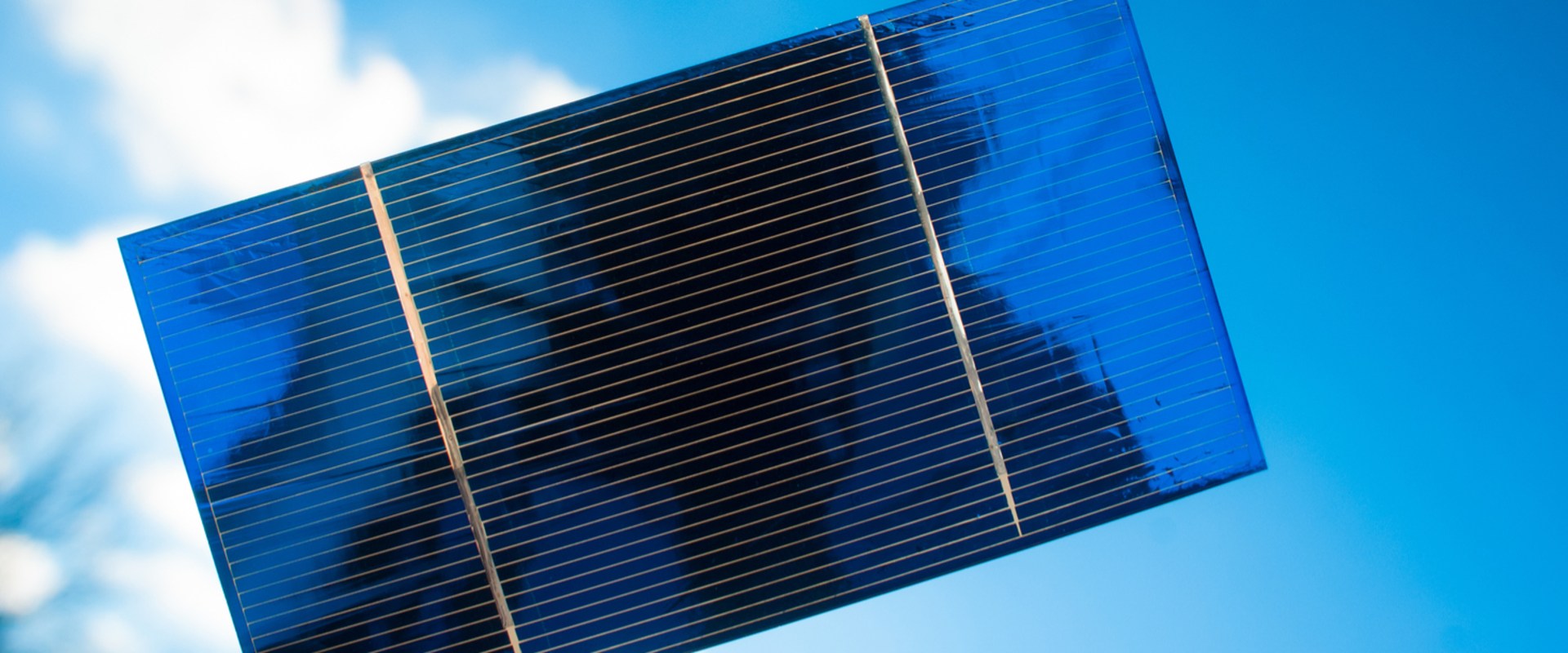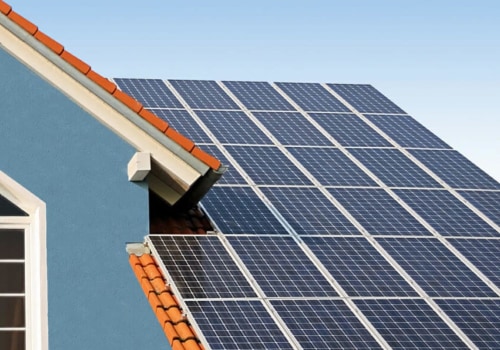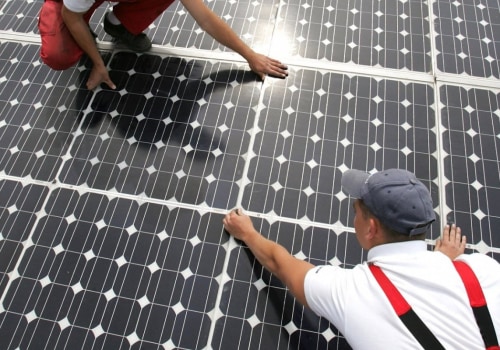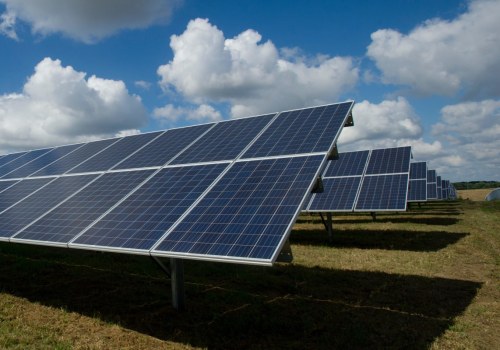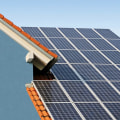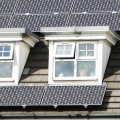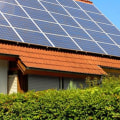Well, household solar battery units usually last 5 to 20 years. In fact, many manufacturers and suppliers guarantee that you won't need to replace batteries for nearly 30 years from the date of purchase. This development is quite recent, along with the increase in the life expectancy of solar panels. Such an advantage is also expected from solar batteries.
The lights went out and the power grid went out. If you own a solar system or are considering solar energy, you may think that your solar panels will continue to produce electricity. But unfortunately, as long as you're connected to the power grid, your system will shut down and you won't have electricity. Unless you have a solar system with a battery.
There are more systems that have storage located next to a solar panel, but those batteries can be charged with other energy sources on the grid. Swedish researchers sent their unique molecule, charged with solar energy, to their colleagues at Jiao Tong University in Shanghai. Although still in its early stages, the concept developed at Chalmers University of Technology in Gothenburg could pave the way for self-charging electronics that use solar energy stored on demand. When the grid goes down and the solar system is disconnected, the subpanel will turn on and you can draw stored solar energy from the batteries to power only their critical loads.
For the homeowner who is seriously considering a gas or propane backup generator, the economics and energy properties of a solar-powered storage solution can be quite attractive. Peak power consumption often occurs on summer evenings and evenings, when solar power generation is declining. The battery life or charge holding capacity of a solar battery will depend on its usage cycles. Not only can these “solar batteries” keep the lights on when the sun or grid is off, but they can also support the utility grid by filling intermittent gaps in renewable energy production when clouds pass or the wind decreases.
Then, at night, when your solar panels stop producing power, the utility starts sending you electricity, but you don't have to pay any amount less than or equal to the amount you already sent them. However, it is difficult to obtain the exact hours that the charge of the solar battery in question will last. Many owners of solar energy systems are looking for ways to connect their system to a battery so that they can use that energy at night or in the event of a power outage. Before the popularization of the grid-connected inverter in the late 1990s, all solar energy systems were independent of the grid; this is what it means to be “off the grid”, literally not connected to the power grid.
As research continues and the costs of solar energy and storage decline, solar and storage solutions will become more accessible to all Americans.
